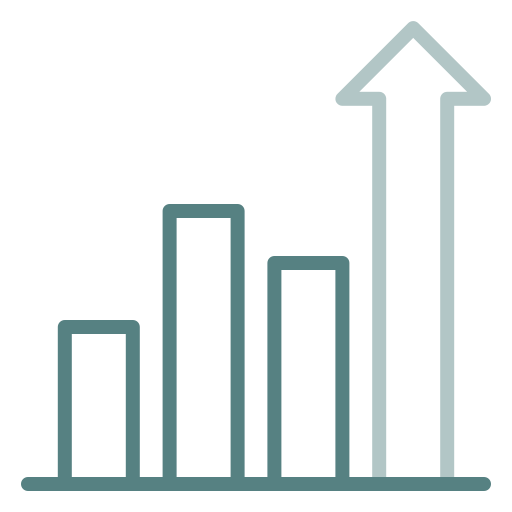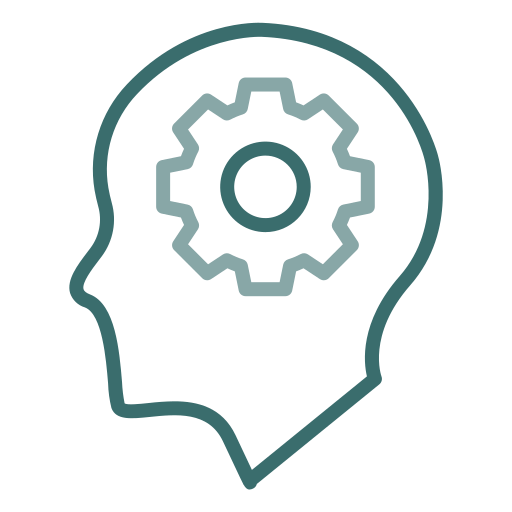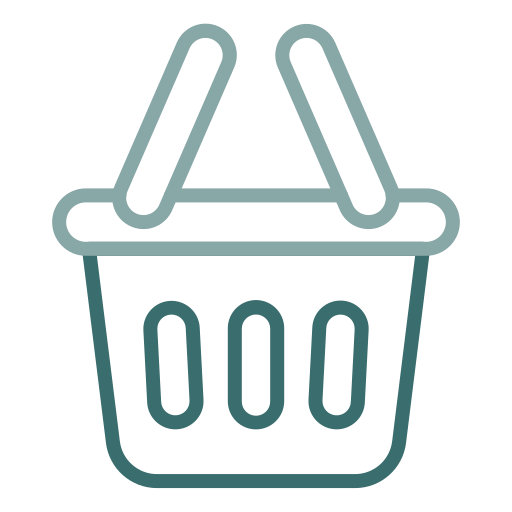Types of research
We can offer any type of market research methodology, both quantitative and qualitative, depending on your needs.
Our toolkit consists of effective, efficient and fast market research approaches that deliver solid and highly usable results.

Quantitative Research
Hard figures are convincing. They can help when making important decisions and gather leverage for these decisions.
Quantitative market research can be done in many ways. Think of online surveys, street interviews and in-home use tests. With the help of our network of research professionals we can offer any kind of quantitative research methodology.
What do we do
Online surveys | Home-use test | Street intercepts | Employee studies | Segmentation research | Category Exploration | Positioning Research | Packaging Test | Advertising Research | Brand Health Tracking
A handful of recent work:
-
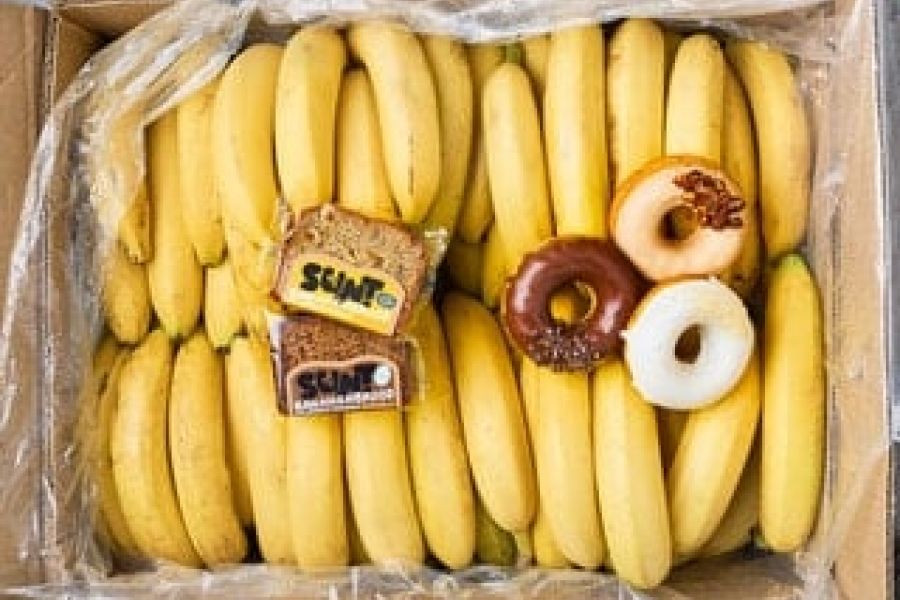
SUNT: do consumers want to fight food waste and eat a snack at the same time?
SUNT wanted to better understand how their customers and other potential target groups think about their brand and what they stand for. We advised them on how to translate what consumers want into product innovation and branding strategies.
-
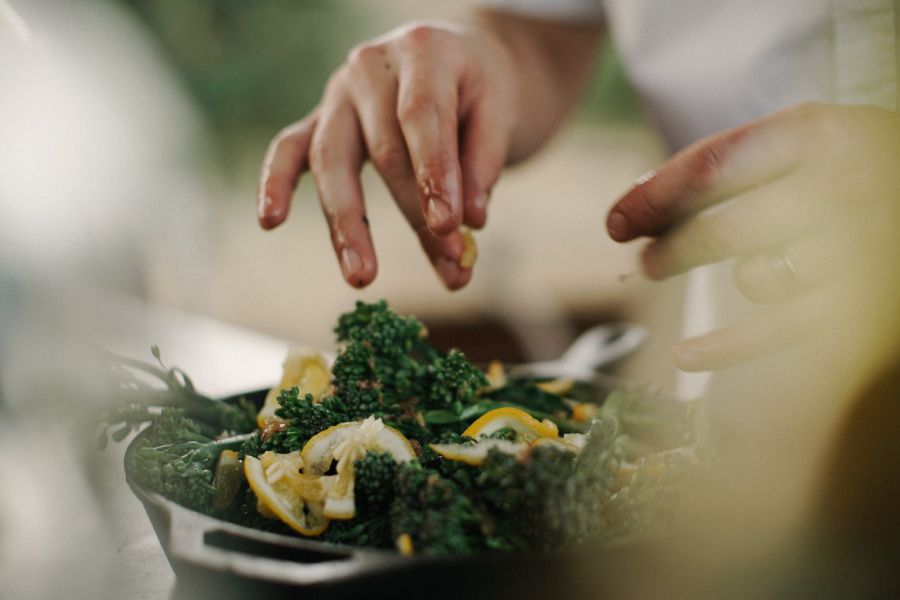
The Future of Food Report
What is the state of play in sustainable food consumption in the Netherlands? In 2019 we conducted the largest study so far about sustainable food consumption among Dutch consumers.
-

Designing a new dish for Amsterdam
The city of Amsterdam wanted a new healthy and sustainable dish that represents its citizens’ taste preferences. So, what do Amsterdam locals like to eat?
-
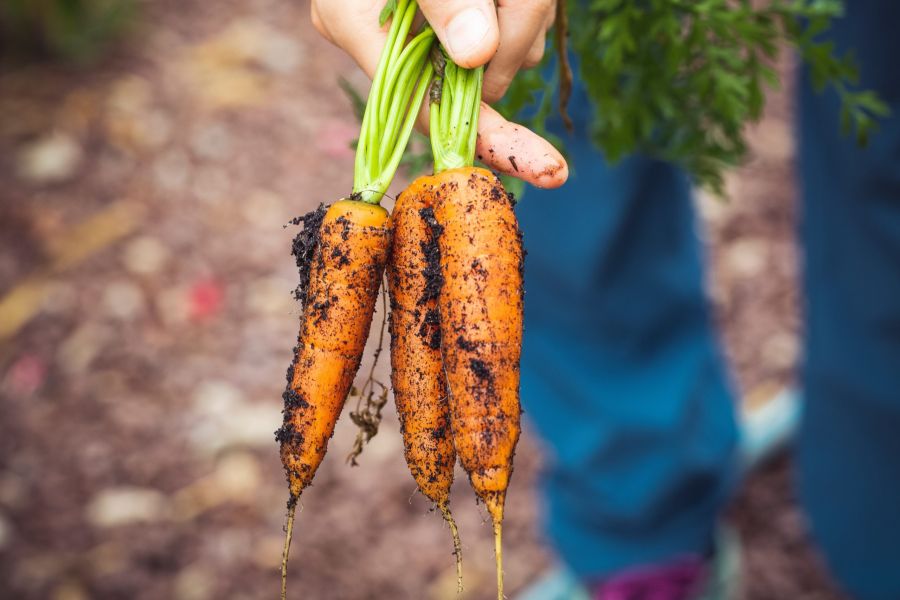
Increasing demand for organic food
How can we stimulate consumers to choose for organic products? We set out to find persuasive arguments for Bionext, the association representating the organic food chain.

Qualitative Research
Why do people behave the way they do? Qualitative market research provides in-depth insight in motivations, emotions, perceptions, (cultural) beliefs, associations. In short: it teaches us what makes people tick. And this understanding is needed to understand opportunities to change behavior.
Watching interviews or focus groups often provides the AHA! moments that inspire marketers and create new perspectives.
At Future of Food Institute we have all the necessary knowledge, experience and capabilities to conduct high standard qualitative research.
What do we do
Focus groups | Co-creation | In-depth interviews | Online interviews | Expert interviews | Online communities | Category Exploration | Segmentation Research | Positioning Research | Concept Test |
Packaging Test | Advertising Research
A handful of recent work:
-
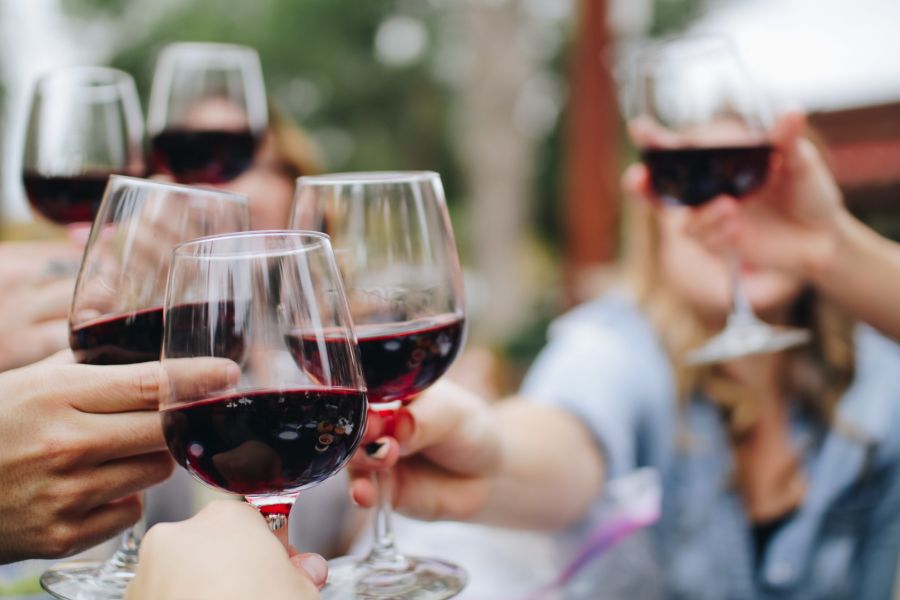
Packaging test for a sustainable wine brand
THE WINE PACK reduces its carbon emissions by 80% by selling wine in boxes, using a “bag-in-box” system. We tested 2 new designs to find out which one works best.
-
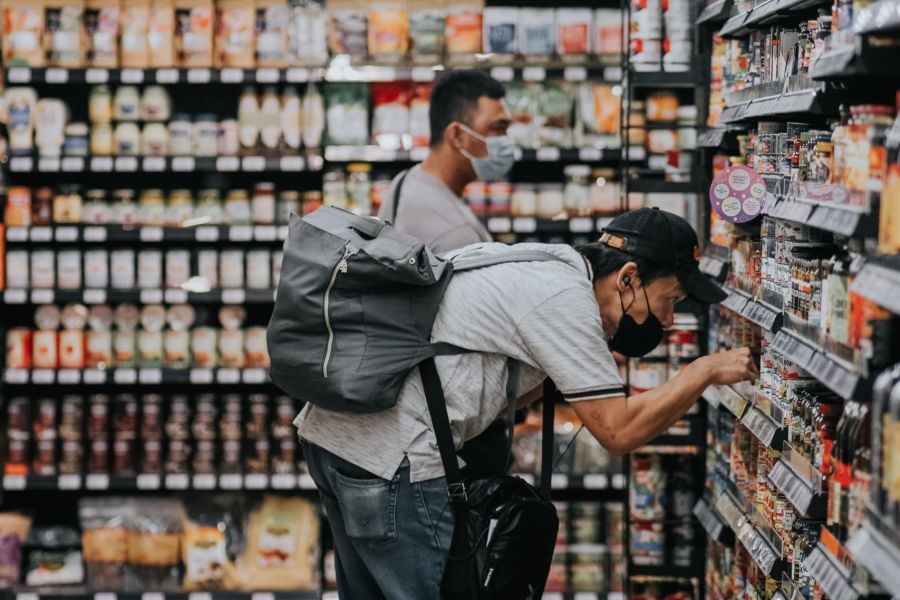
Understanding the adoption of sustainable innovation
Under which conditions are consumers open to food (technology) innovation? We set to find out with the help of our European online community.
-
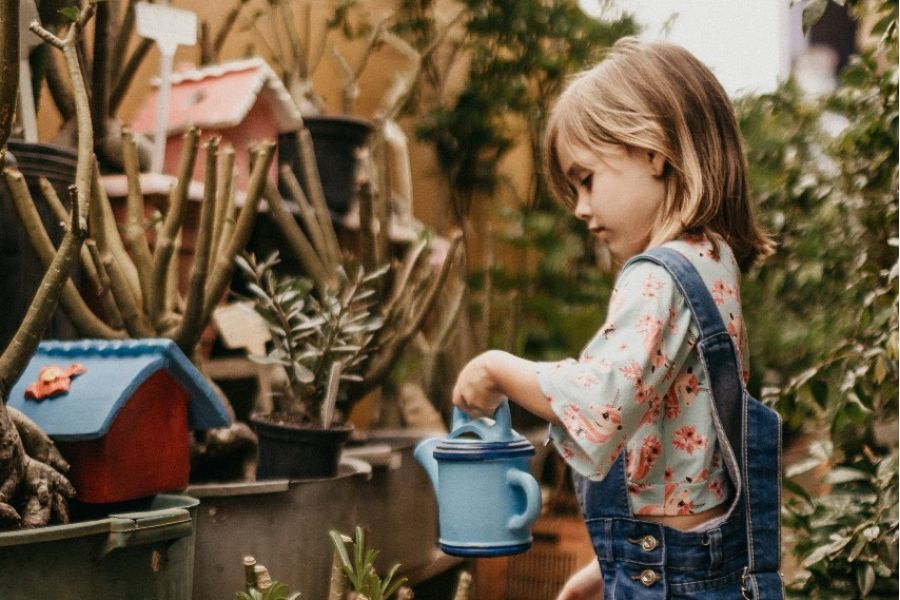
Building the World Food Center Experience
The World Food Center Experience is a food-themed attraction where children learn about the various aspects of our food system. So what do kids think of this new experience?
-

Co-creating a European Food sustainability institution
What would a European institute for food sustainability do? Who would work there? We explored the possibilities with our European Citizens Participation Forum.

Online Community
An online community is an easy and accessible solution that will deliver the consumer insights you need. It consists of an online platform and a group of engaged and motivated consumers that interact, discuss and perform assignments handed by our moderators.
We have our own permanent community of conscious Dutch Consumers called Food Forum that can be used for all kinds of studies. But it’s also possible to set-up a tailor-made community around any subject, involving any target audience in any language.
What do we do
Dutch Conscious Consumers Community | European Citizens Participation Community |
Pop-Up Community
A handful of recent work:
-
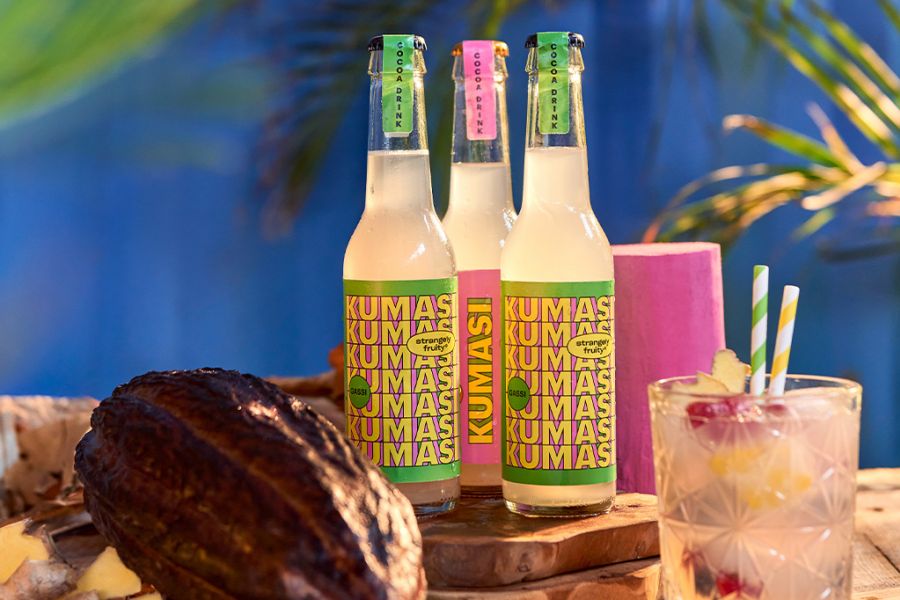
Concept testing for Kumasi
Kumasi wanted to find out which of their strengths they need to focus on in their brand positioning and if there are any other hidden strengths that they can promote. So we conducted a concept test to find out.
-
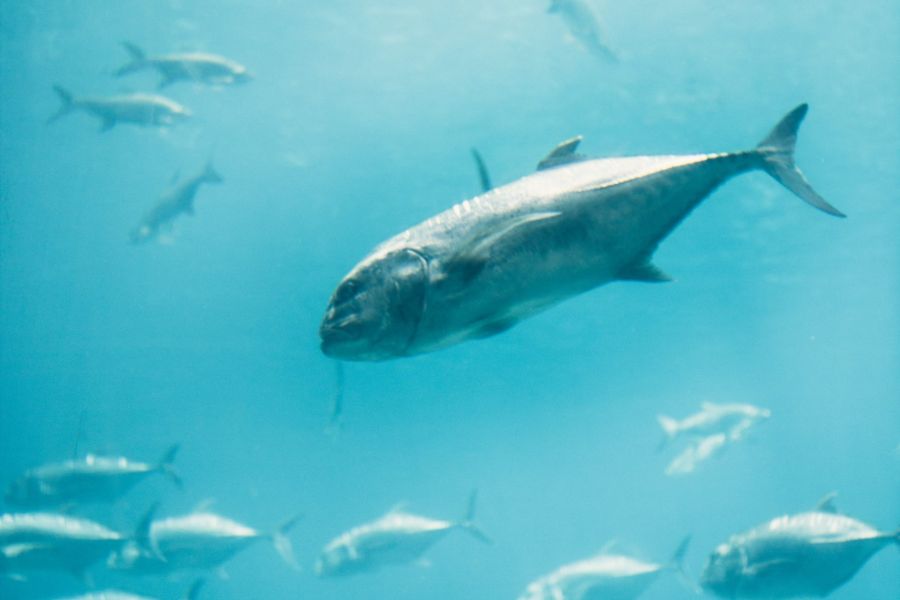
Assessing the impact of FoodUnfolded
How impactful is online publication FoodUnfolded? How are they perceived by the average European? Does their audience get the message and adapt their eating habits? We tested this in a semi-experimental study in our European community.
-

Measuring the potential for a new food app
Meal Matchers wants to support you with inspiration that matches your preferences and broadens your palate while encouraging healthy and sustainable choices. How can we help the app catch on?
-
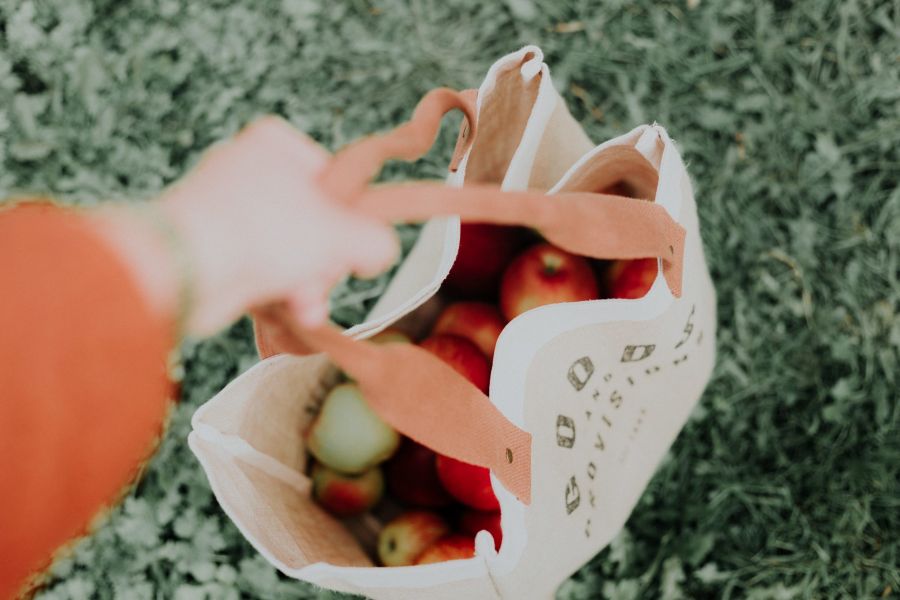
Do consumers pay attention to quality labelling?
Do consumers pay attention to quality marks and certifications? We investigated which food quality marks are most recognized and trusted by Dutch consumers.

Field Studies & Experiments
Sometimes collecting opinions isn’t enough. Particularly when we want to understand the effects of interventions and product usage we need to observe real life behavior. Such experiments require a carefully crafted set-up and thorough analysis, with which we have ample experience.
What we do
Effectiveness of nudging | Home-use tests | Longitudinal study | Brand health tracking | Big data analysis
A handful of recent work:
-
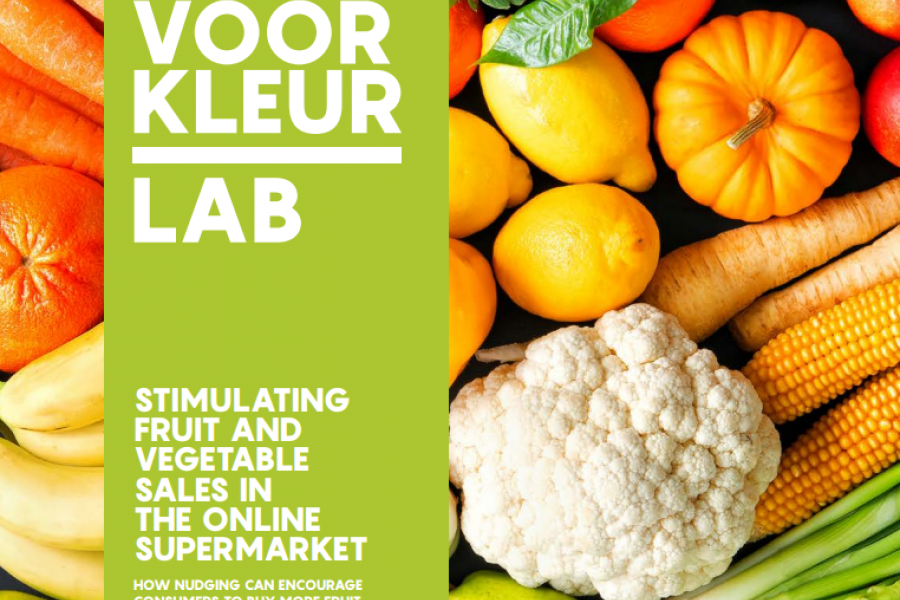
Nudging for more fruits and vegetables
In collaboration with supermarket Hoogvliet we tested whether nudging consumers would increase their (online) purchases of fruits and vegetables.
-
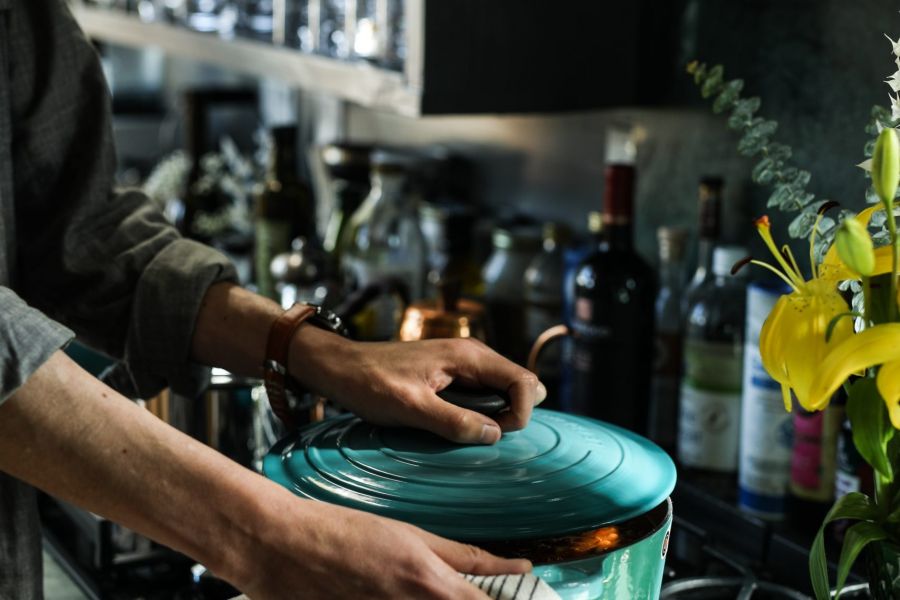
Testing out a new, sustainable food box
What is the potential of the ReduceBox? Does it work and how can we improve it to even better meet the needs and desires of the target group?

Trends, Media & Knowledge
Over the past years, we have learned a massive amount about how people think and why they do what they do when it comes to making food choices. But not just us, behavioral scientists around the world share many behavioral findings and insights that are well documented, and can be applied to help in product development, communication and strategy.
We tend to go beyond what is known in the scientific world. When looking for inspiration, we find best practices, new product introductions and trends on social media and trade press.
Before we start researching, we always look for what is already known. In our own archives and in (social) media and libraries around the world we find useful existing knowledge. If it’s already known, we simply need to translate this existing knowledge into useful guidance and inspiration.
What we do
Social media scanning | Literature reviews | Trend spotting
A handful of recent work:
-
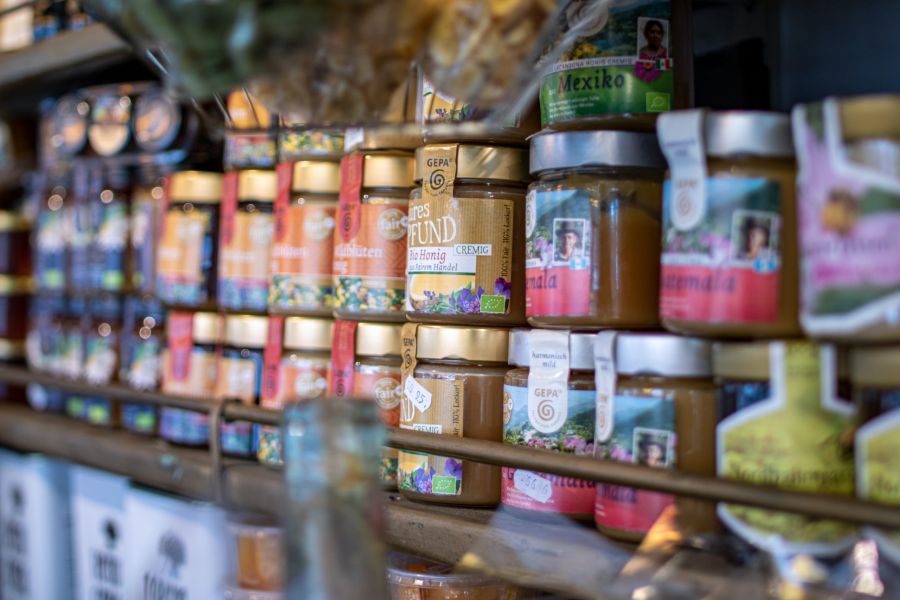
School of Trends
What is happening in your category? Now and in the future? Our School of Trends is ready to provide you with a clear and inspiring answer.
-

Future of Food database
What is the state of play in sustainable food consumption in the Netherlands? In 2019 and 2022 we conducted the largest studies ever about sustainable food consumption among Dutch consumers. The study offers us a rich database containing data about sustainable behavior of over 2.800 Dutch consumers.
-

Trendwatching
Since 2019 we have been collecting trends, research outcomes, products introductions and opinions about developments in the food chain. This gives a head start when looking for inspiration and thought starters for new product development and campaign development.
Our way of working
Every project starts with an thorough analysis of our client’s challenges and how consumer insights can help them with these challenges. To achieve this we can build on extensive methodological knowledge and many years of practical experience.
Our founder Durk Bosma has been nominated several times for Dutch market researcher of the year. He is the writer of the much appraised book ‘What’s the Question?’ about how to find the real information needs and to select the best suitable research methodology.
We believe that understanding consumers is key to making the food system more sustainable. Successful innovation and impactful communication require a solid foundation of consumer insight.
We are the insights partner of choice for food companies and non-profits that aim to have a positive impact on society and our planet. Together we empower consumers to make food choices that are good for them as well as for the planet.
The Hague Tech - Waldorpstraat 5 - 2521CA - The Hague
(+31) (0)70 2042314 - Info@futureoffood.institute
Contact
Fill in this form and we'll be in touch shortly!
Newsletter
Do you want to receive a monthly dose of insights, opinions and events? Please subscribe to our newsletter.
